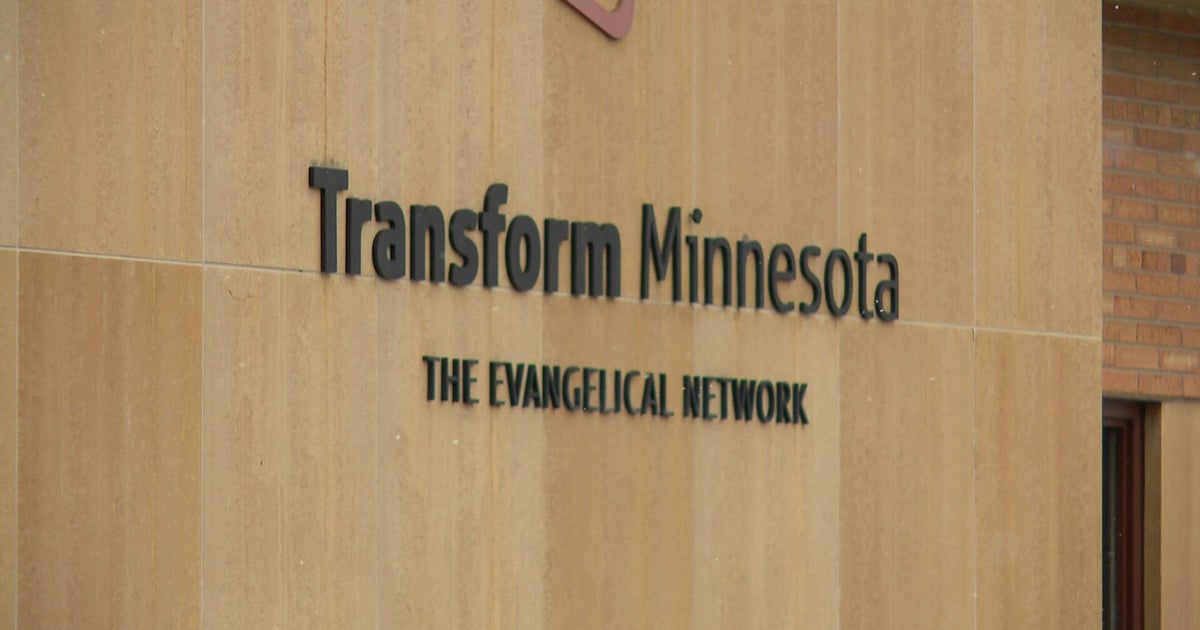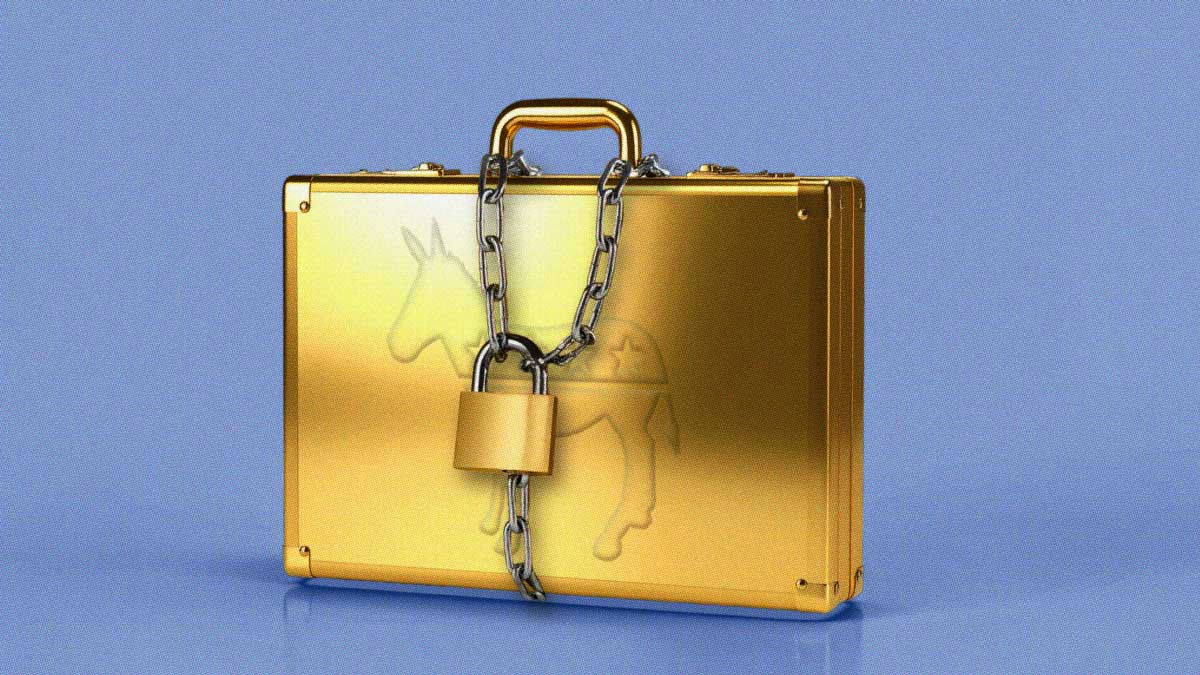Abigail Disney tells House committee CEO Bob Iger's $65M pay is "a moral issue"
- Disney heir says a CEO who makes $65 million a year should pay employees enough so that some don't have to ration insulin and sleep in their cars.
- Abigail Disney told House lawmakers in prepared remarks that CEO Bob Iger "quickly and condescendingly brushed" her aside when she voiced her concerns in private, prompting her to speak out publicly.
- The activist and filmmaker says Disney employees are required to throw out unused food at work, but some must rely on food stamps to eat.
There's nothing inherently wrong with Walt Disney CEO Bob Iger and other chief executives making tens of millions of dollars a year -- unless they pay full-time workers so little that some ration insulin and sleep in their cars to get by. That's what Abigail Disney, a descendant of the entertainment company's founders, told U.S. lawmakers on Wednesday.
"When I call out the problem presented by any man, however brilliant, walking away with $65 million after only grudgingly offering his own employees a wage that cannot support a single person much less a family, I know it will get a lot of attention, and hopefully jar a lot of sleepwalkers into consciousness," Disney stated in testimony prepared for the U.S. House Committee on Financial Services. "This is a moral issue," she said.
Disney also called out Iger last month in an opinion piece in The Washington Post, in which she noted Iger took home $64 million in 2018, or "1,424 times the median pay of a Disney worker." Disney has said and tweeted that she personally likes Iger but still views his salary as "insane."
The Disney heiress, filmmaker and activist said she tried to voice her concerns privately to Iger. In her prepared remarks, however, she said she was "quickly and condescendingly brushed aside." As an heir to the Disney legacy as well as its money, Disney -- whose grandfather and great uncle founded the storied company -- said she felt a responsibility to speak out publicly.
Questioned by lawmakers, Disney calculated Iger's yearly compensation at about $21,000 an hour for a 60-hour work week and no time off, saying she believed that's too much, and that $10,000 an hour would be more appropriate. That's especially in light of what the company pays its janitors and other low-income workers, Disney said. She also noted that while Disneyland recently hiked minimum pay to $15 an hour for its workers in Anaheim, California, economists peg a living wage at closer to $24 an hour.
Disney defended Iger and the company's pay practices.
"Disney has added more than 70,000 jobs during Mr. Iger's tenure and has made historic investments to expand the earning potential and upward mobility of our workers, implementing a starting hourly wage of $15 at Disneyland that's double the federal minimum wage, and committing up to $150 million to establish the nation's most comprehensive workforce education initiative, which gives hourly employees the opportunity to obtain a high school, college or vocational degree completely free of charge, with a mix of online and on-campus courses that provide maximum flexibility so employees can achieve their career goals," a Walt Disney spokesperson said in a statement.
"Mr. Iger's compensation is 90% performance-based, and on an apples-to-apples basis, his annual compensation in fiscal 2018 was $39.3 million, compared to $36.3 million a year earlier; in connection with the acquisition of 21st Century Fox, Mr. Iger's employment agreement was extended and he was awarded a one-time restricted equity grant of $26.3 million. Mr. Iger has delivered exceptional value for the company, its shareholders and employees: Disney's market capitalization has increased more than $75 billion in the last two months alone to more than $240 billion, and the stock is trading at record highs exceeding $134 a share compared to $24 a share when Mr. Iger became CEO in 2005, resulting in total shareholder return over Mr. Iger's tenure of 579%, versus just 209% for the S&P 500."
Domestic help
Quizzed by Wisconsin Republican Sean Duffy, Disney pegged her own income at about $6 million a year, although she said she also gave away more than that figure to charity. The lowest-paid housekeeper or domestic worker employed in her home makes $75,000 a year, Disney told Duffy, who then belittled the figure as insufficient compared to Disney's $6 million.
Disney argued in favor of proposed legislation that would require public companies to disclose more about how they compensate all workers, but she said the disclosures should contrast CEO pay to the lowest wage, rather than to the median.
"To leave the lowest paid full-time worker out of the equation is to imply that some people should be invisible and disregarded," said Disney. "I can say with total certainty these are not the values my family taught me," said Disney, who drew applause multiple times during the hearing.
In addition to paying workers a livable wage, Disney called on Iger on make food available to his workers. She said many survive on food stamps, "yet are required to throw away huge amounts of food on the job."
The heiress had other suggestions for Iger: He could take half of what the company doles out in executive bonuses to create an emergency fund to help workers with needs such as insulin, housing, transportation and child care. The company could also add several employee representatives to the Disney board, she said.
Happiest place on Earth
The entertainment giant could also rehabilitate dilapidated housing near its theme parks so workers would not have to drive for hours to get to work, and Disney could restore its stock option program for all workers, not just management, said Disney. She credited discussions with Disney workers for some of her suggestions.
Finally, "Disney could restore the right that workers once had to get into the park for free, since as things now stand, they cannot afford to bring their own families to the happiest place on earth," she said.
A study conducted last year by researchers at Occidental College and the Economic Roundtable found 1 in 10 Disneyland workers had recently been homeless, and two-thirds did not have enough food to eat three times a day. Disneyland at the time dismissed the findings as "inaccurate and unscientific."





